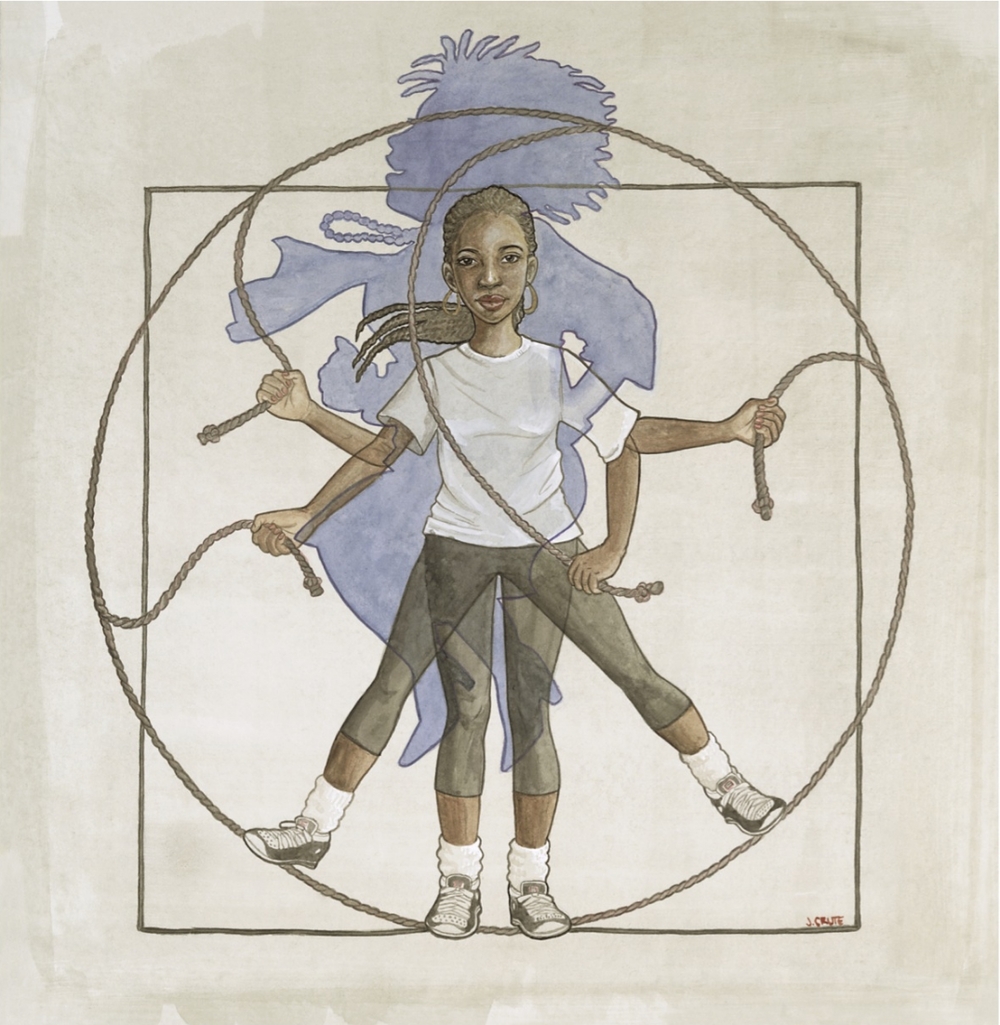I love answering questions from those curious about the business (how to get in...how to get out...haha) and I publicly post them on my TSU page. For a sneak peek of what we're talking about there, I'll post the latest Q&A with me here:
#Question of the Day: "One of our team members wants to be a film director. Can you tell me five basic things she needs to do. She has not been to college. But I want her to know her dream can be a reality. .. if she works for it. I'd love to tell her that these tips came from the very accomplished Nicole Franklin! Thank you so much!!!"
My #Answer: Sure. Without seeing her work or speaking to her, I'd offer the following "five basic things" per your request:
1) Definitely go to college, but not film school. You want to be a film director, then what is your story about? You can always learn the trade for far less money in weekend seminars or summer intensives, but having a degree in science, religion, languages, or social studies...this gives you material for the stories you wish to translate on film. What is your story about? Read, read, read and observe people, issues and institutions. Then you're off to a good start.
2) The type of camera you get is not important. Purchase one you're comfortable with spending the money on. Basic camera + basic editing system (available on most home computers) will basically get you filming. Practice shooting. Watch films and their camera compositions and start filming. If an audience can tell what your film is about with the volume turned all the way down then you're on your way to being a solid cinematic storyteller.
3) College is the place to meet friends and future fans. I went to State colleges for both my undergrad and graduate degrees. My grad degree was in Liberal Studies, by the way. For undergrad I was a Communications major/English minor and wrote for the school newspapers and newsletters. My advisor told me in order to be a producer I needed to write, write, write. And he was right. But more importantly, my posse was not only my newspaper team, but also the engineers, pre-med, accounting and architecture students I also met. If they aren't pursuing careers in film production and you are--you'll be the cool one. And they'll be your fans "who knew you when." Build those networks. They'll want to be there to support you in a myriad of ways in the future as well.
4) Post-college network, network and network some more. Join film communities where you can join a committee and show your talent and dedication toward moving your passion forward. New York Women in Film & Television and the Black Documentary Collective were two of the first film organizations I joined upon moving to New York. Incredible networking, sisterhood, African American community support and resources instantly available to me as well as a safe place to share ideas--and crew up! We are there for each other for many years now. They were the start of my film family and I am grateful. Plus most of my film subjects came through knowing members of these communities who believed in my vision as well (so definitely have a film idea and a purpose when you meet others whose livelihood depends on pursuing their passion as well).
5) Find a mentor. And this will be in the form of a few people throughout the course of your career. The mentors will appear when you are ready. Trust yourself. Ultimately, though, if you've proven after about a decade--or a body of work equivalent to that acquired over a decade--that you are committed to a career in this field and have been screened, showcased and celebrated then you may be still be in need of a mentor of celebrity status. Your work is proof that you're worth the time for a celebrity to meet. The sky is the limit as to your dream mentor whom you request to be your biggest fan who makes those important calls to give your career a boost.
That's all I got!
